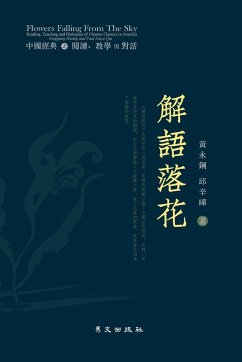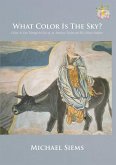¿¿¿¿¿¿¿¿¿¿¿¿¿¿¿¿¿¿¿¿¿¿¿¿¿¿¿¿¿¿¿¿¿¿¿¿¿¿¿¿¿¿¿¿¿¿¿¿¿¿¿¿¿¿¿¿¿¿¿¿¿¿¿¿¿¿¿¿¿¿¿¿¿¿¿¿¿¿¿¿¿¿¿¿¿¿¿¿¿¿¿¿¿¿¿¿¿¿¿¿¿¿¿¿¿¿¿¿¿¿¿¿¿¿¿¿¿¿ ¿¿¿¿¿¿¿¿¿¿¿¿¿¿¿¿¿¿¿¿¿¿¿¿¿¿¿¿¿¿¿¿¿¿¿¿¿¿¿¿¿¿¿¿¿¿¿¿¿¿¿¿¿¿¿¿¿¿¿¿¿¿¿¿¿¿¿¿¿¿¿¿¿¿¿¿¿¿¿¿¿¿¿¿¿¿¿¿¿¿¿¿¿¿¿¿¿¿¿¿¿¿¿¿ ¿¿¿¿¿¿¿¿¿¿¿¿¿¿¿¿¿¿¿¿ In a sense, this book is a cultural dialogue between Eastern and Western civilizations, a dialogue between ancient Chinese philosophers and contemporary American youth as well. It is also a thought-provoking communication between American students and Chinese scholars. Feeling genuinely rewarded, we see American college students, with their strong skills of critical thinking, have gained so much from learning about ancient Chinese culture in only one semester. It is even more gratifying that the essays on classical Chinese philosophy and literature by our students also serve as a testament that young people of the West can understand, appreciate and even love classical Chinese culture. What we have been doing at CUNY-Brooklyn College gives us strong reasons to believe that communication between cultures does promote mutual understanding, empathy and harmony in this globalizing world.
Bitte wählen Sie Ihr Anliegen aus.
Rechnungen
Retourenschein anfordern
Bestellstatus
Storno








